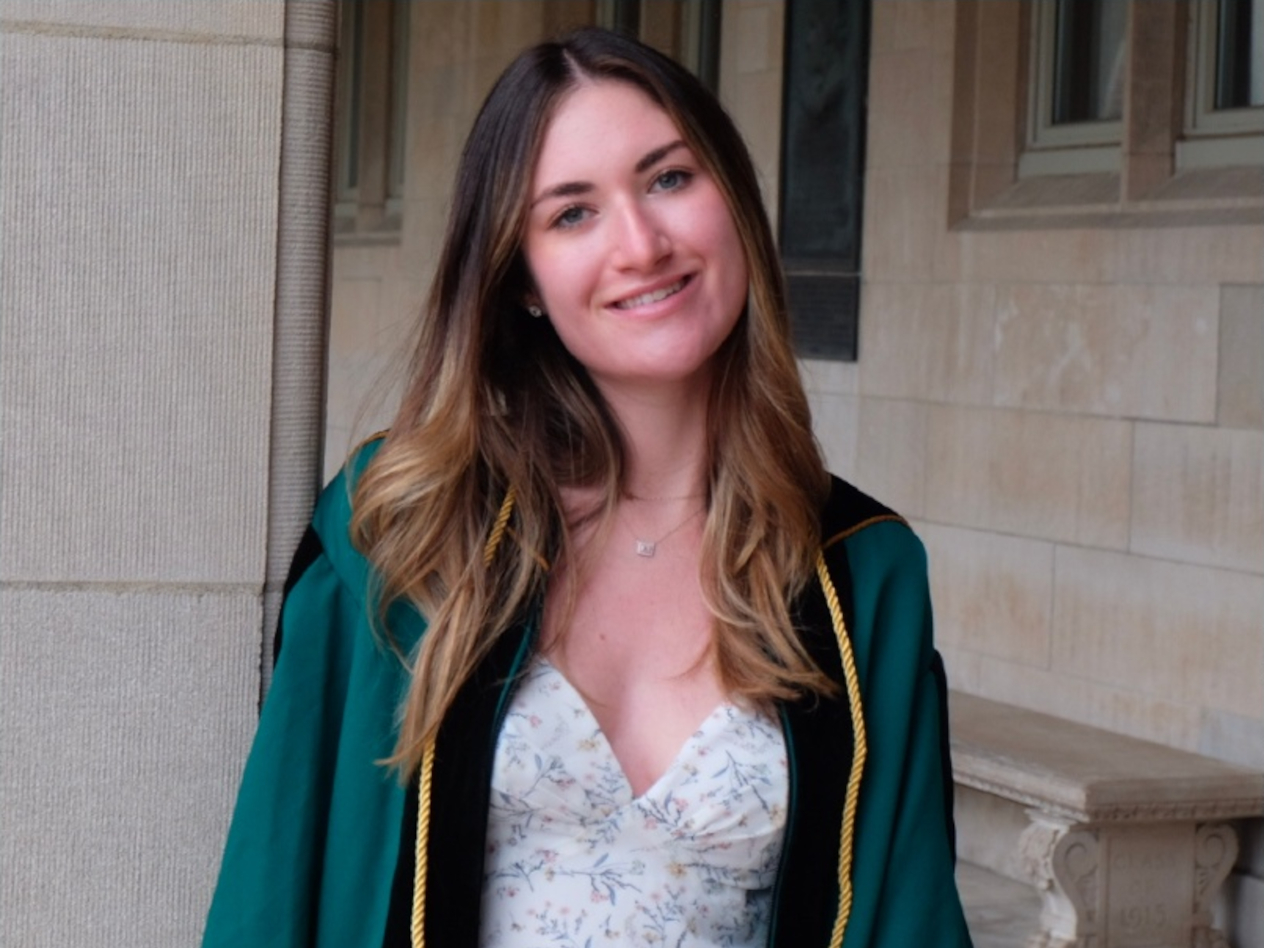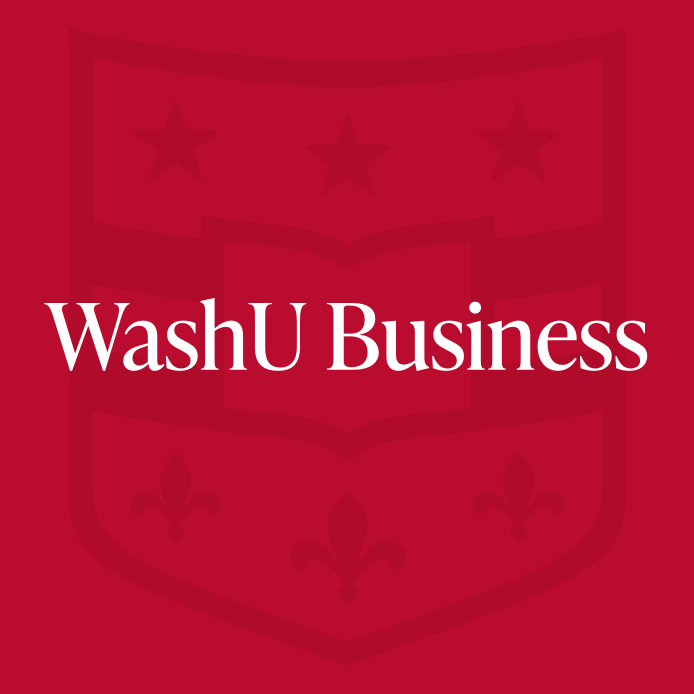The world of business compelled her to transfer from art school—and opened a career
- September 23, 2022
- By WashU Olin Business School
- 2 minute read

Next in a series of Olin Blog features on recent alumni.
Marleigh Friedman, BSBA ’20, started as an art major before finding business in the first formational undergraduate course. That ultimately led to a career with a global company and an appreciation for the complexity of business and its interconnectedness.
What are you doing for work now, and how did your Olin education impact your career?
I am an analyst in high jewelry at Tiffany & Company, where I manage gemstone jewelry. This encompasses building the pieces from start to finish, including the selection and purchasing of gemstones. My Olin education helped me to develop a business mindset, build important analytical skills, and promote interpersonal communication and networking, which opened doors at my current company as well as at my prior positions.
What Olin course, “defining moment” or faculty influenced your life most, and why?
Management 100 was the first class I took in Olin, and it convinced me to transfer from the Sam Fox School of Design and Visual Arts. I loved learning about different business models and the potential global impact. I’ve always had an entrepreneurial spirit, so learning about the origin of a business and how to grow it specifically intrigued me.
How do you stay engaged with Olin or your Olin classmates and friends?
I am very close with many of my Olin classmates, and, although they are spread throughout the country and are very busy, I try to see them as much as possible and keep in touch at least virtually.
Why is business education important?
Understanding how the economy works and how current events impact it is important when entering the “real world,” no matter which career path one has chosen. It is also important to understand finances and how everything relates to the economy on a national and global scale. When seeking a position at a company, this education becomes invaluable.
What advice would you give current Olin students?
Study abroad, take advantage of as many academic and extracurricular opportunities as realistically possible and make connections with a diverse group of students. Additionally, connect with your professors as they can be great resources!
How has the pandemic influenced your thinking about doing business locally or globally—or your career?
The pandemic shifted my career by making me think about business on both a local and global scale.
My original plan was to work in merchandising at Macy’s after graduation, a national company. However, with work becoming remote, I was able to travel more and experience the world. Although I had planned to have a longer career at Macy’s, exploring my options led me to Tiffany & Co. this year, working on a global scale.
The company is a part of LVMH, a large French conglomerate that owns hundreds of luxury brands, with opportunity for sector interaction and an international presence.
It is incredibly interesting and rewarding to learn how our businesses differ globally, especially comparing it to my experience at a national company.
Media inquiries
For assistance with media inquiries and to find faculty experts, please contact Washington University Marketing & Communications.
Monday–Friday, 8:30 to 5 p.m.
Sara Savat
Senior News Director, Business and Social Sciences
